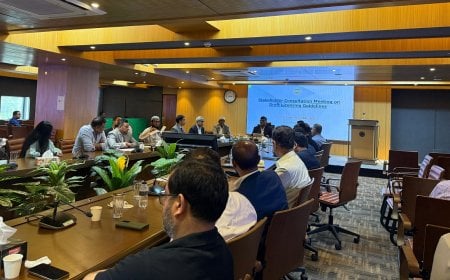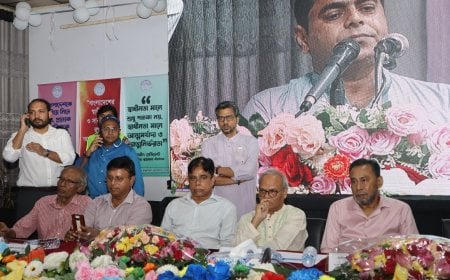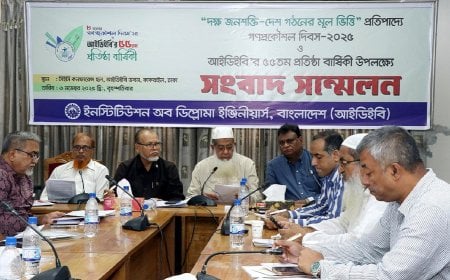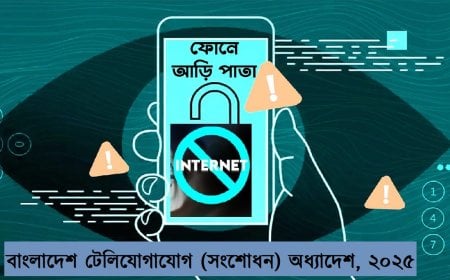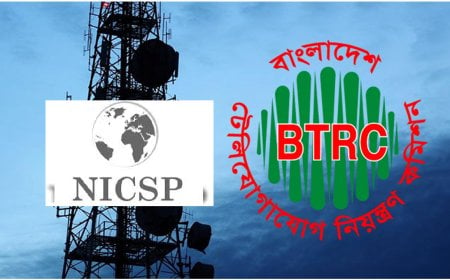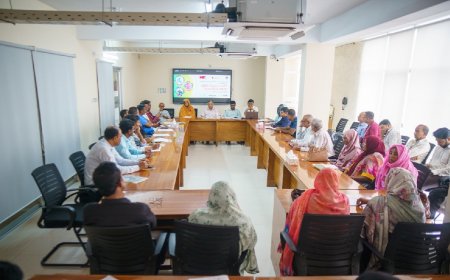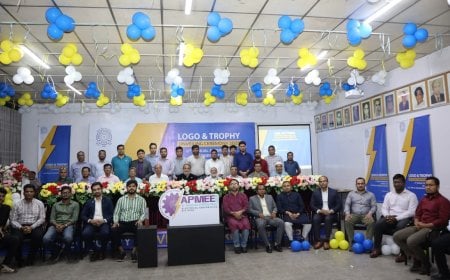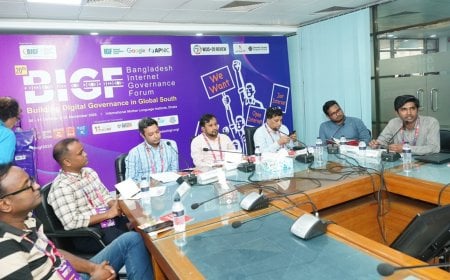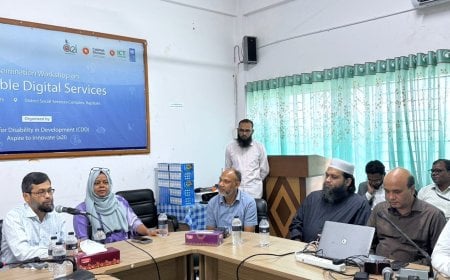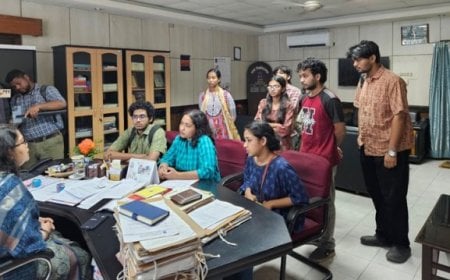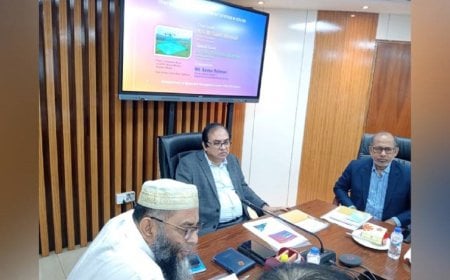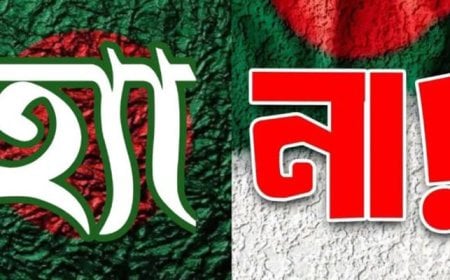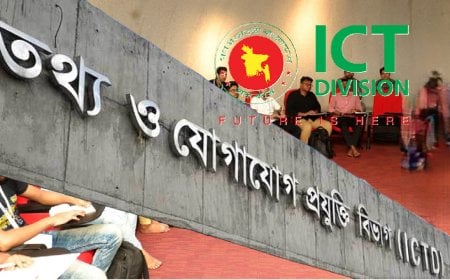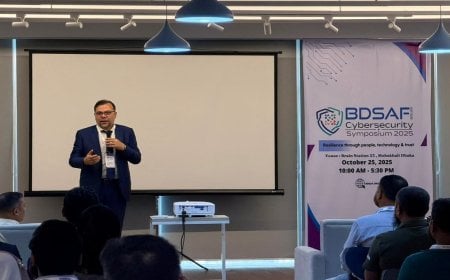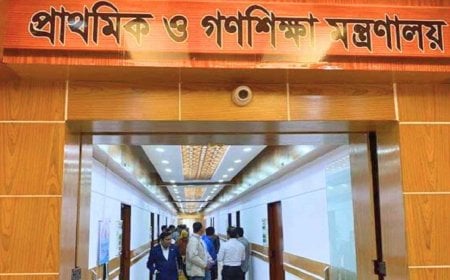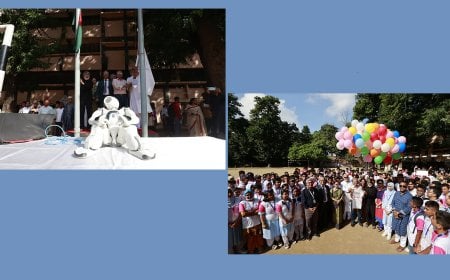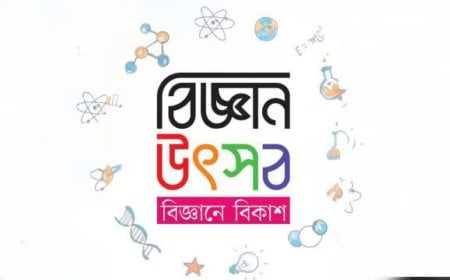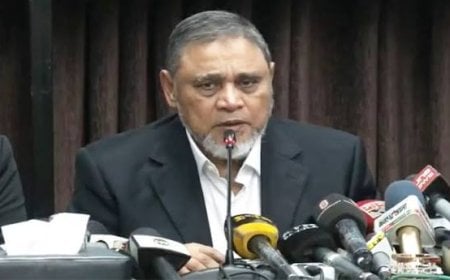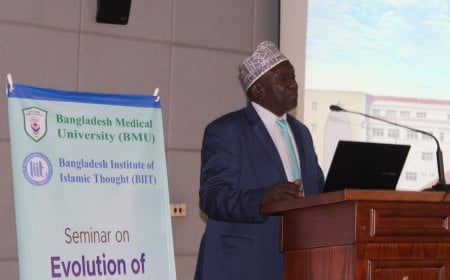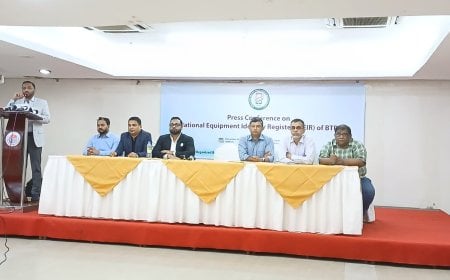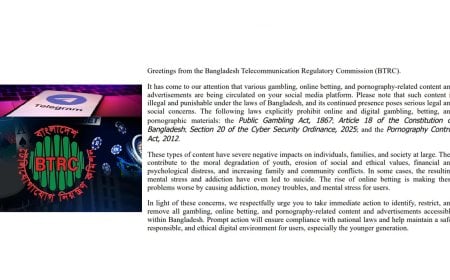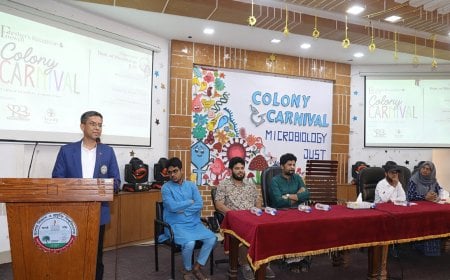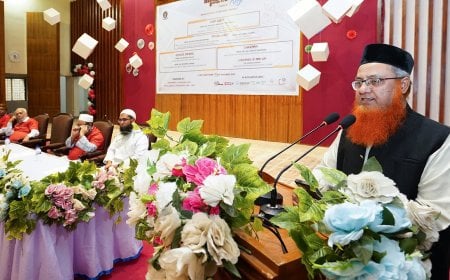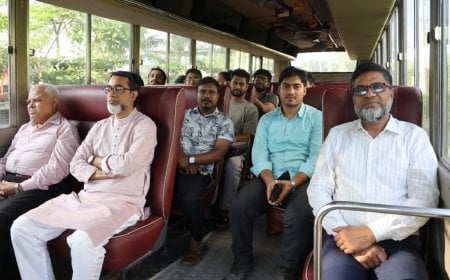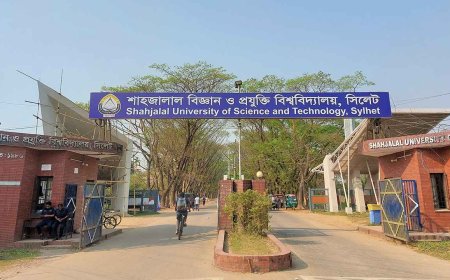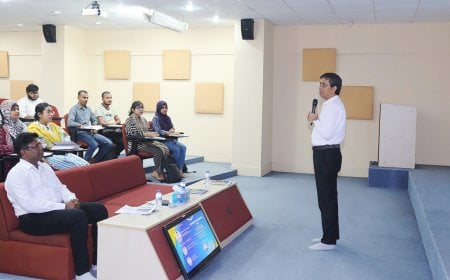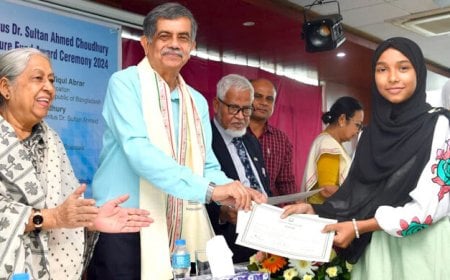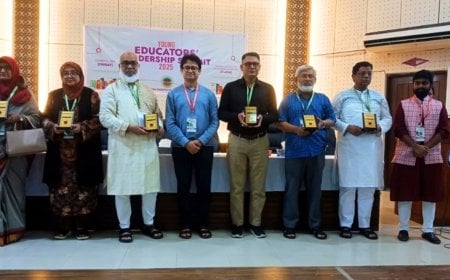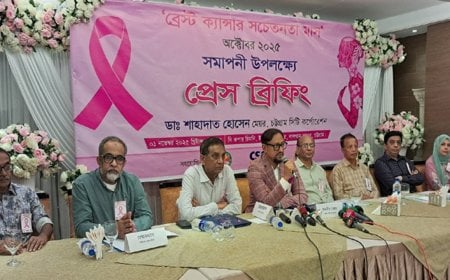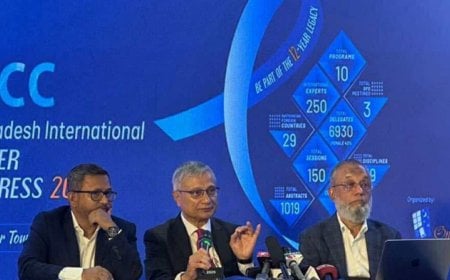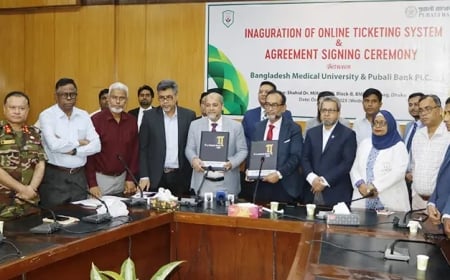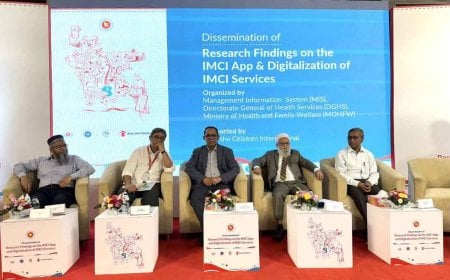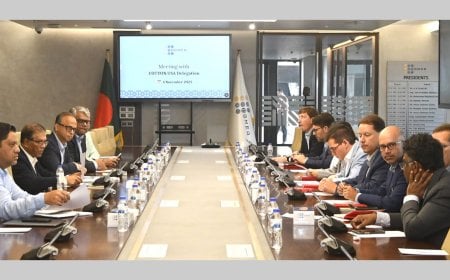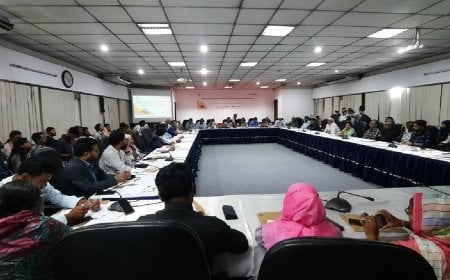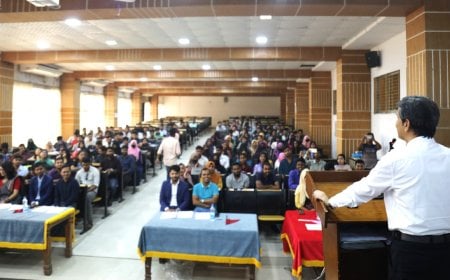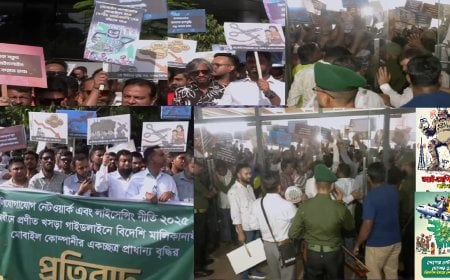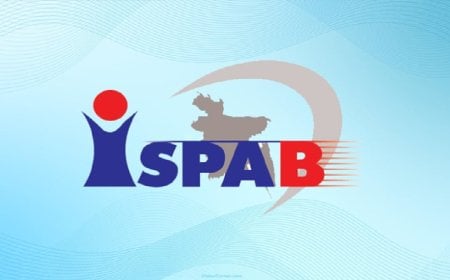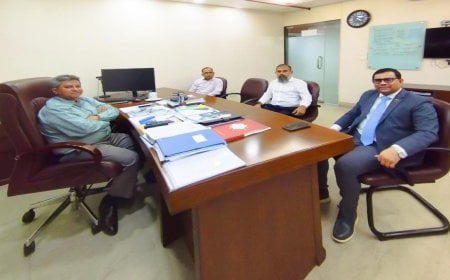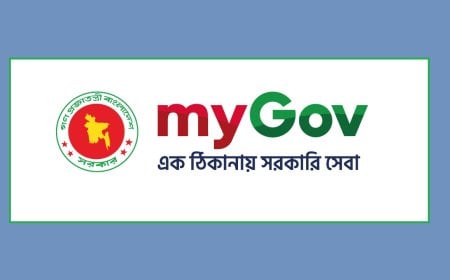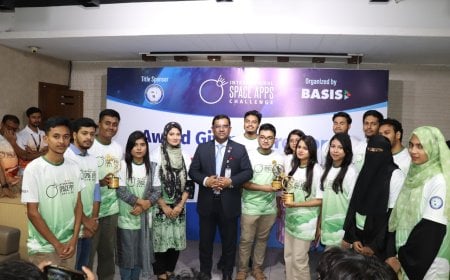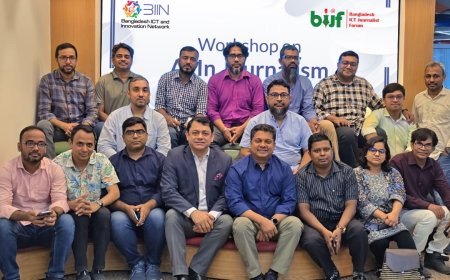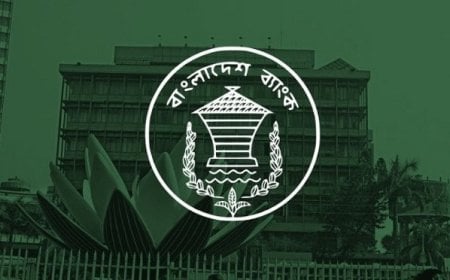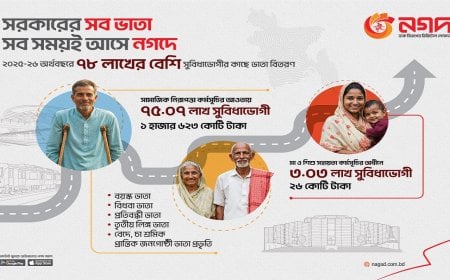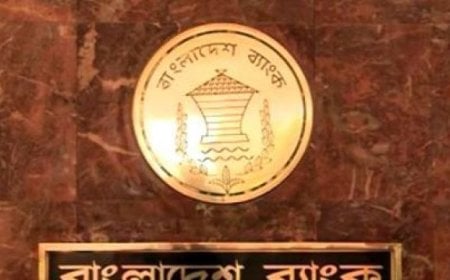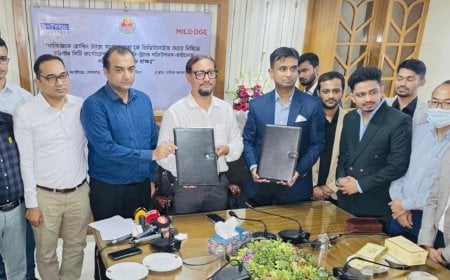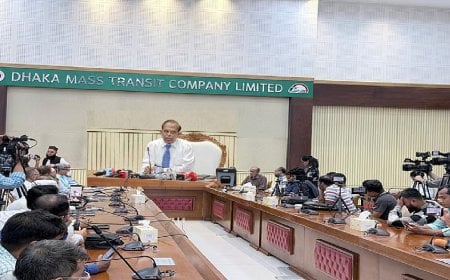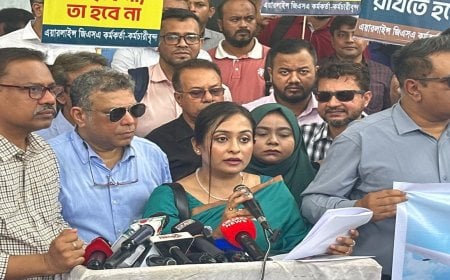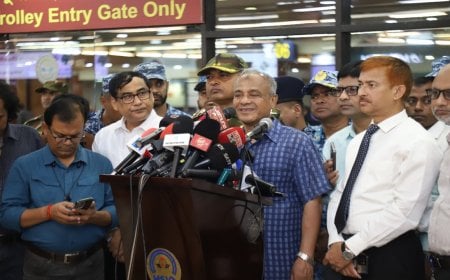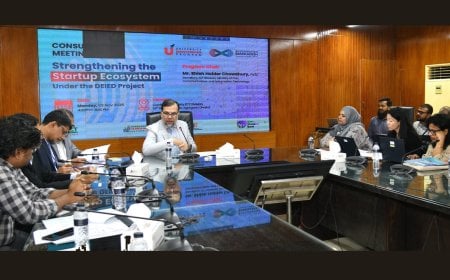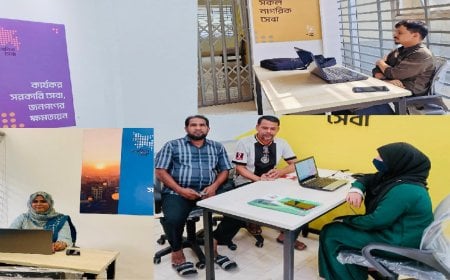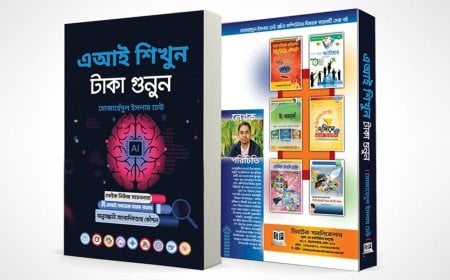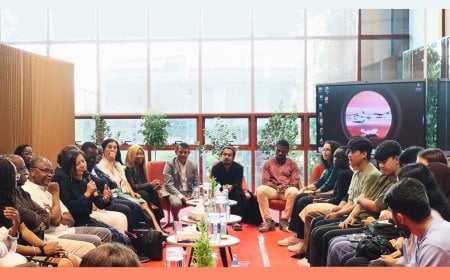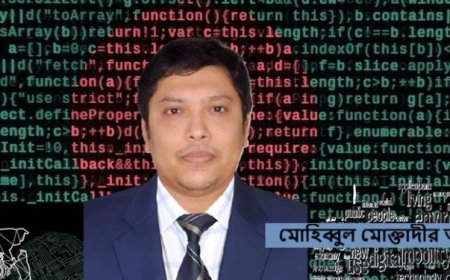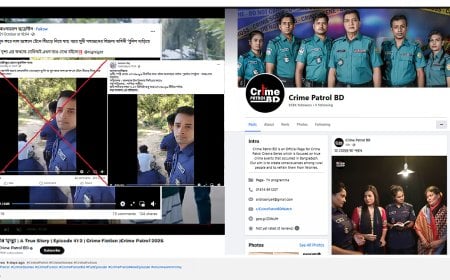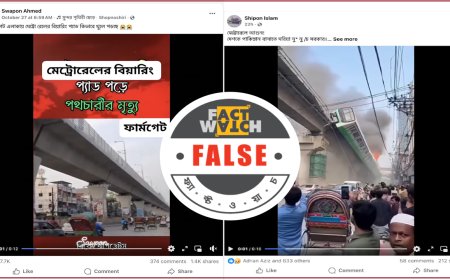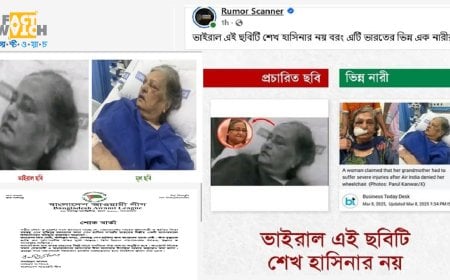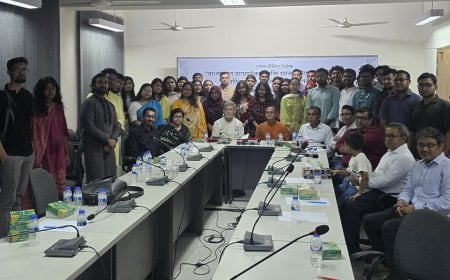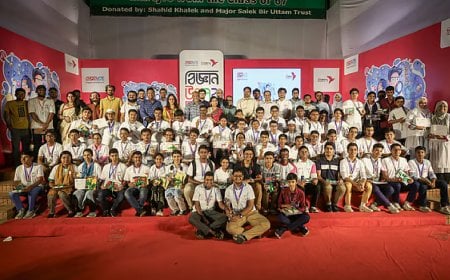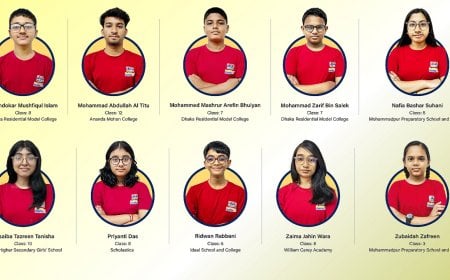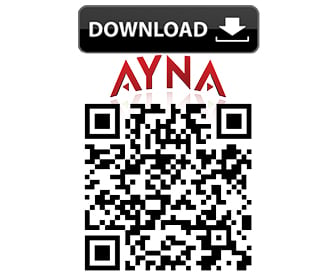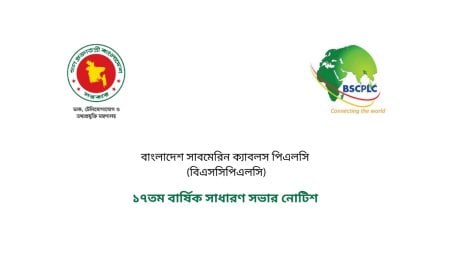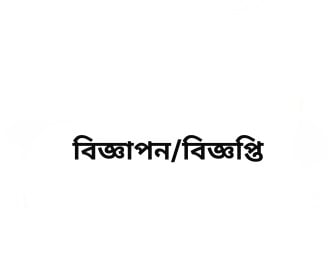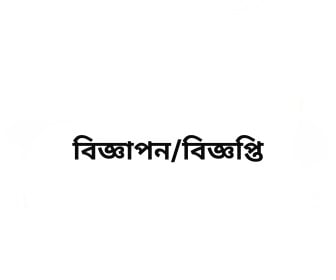Fake News Frenzy: Fact-Checking Report Reveals Surge in Misinformation

In January of this year, 271 instances of fake and misleading information involving Bangladesh were found to have been disseminated by Indian media outlets and various social media accounts operated from India. Fact-checking organization Rumor Scanner identified these cases by analyzing widely circulated misinformation online. In addition to categorizing misinformation, the organization also released two statistical reports and a fact file last month.
According to Rumor Scanner’s investigation, political misinformation was the most prevalent, with 114 instances recorded—accounting for 42% of the total misinformation. Additionally, 67 cases were related to national affairs, 29 to international affairs, 18 to religious matters, 15 to entertainment and literature, 9 to education, 6 to fraud, and 5 to sports.
The fact-checking organization reported that among these, 115 cases were text-based misinformation, 54 were image-based, and 102 were video-based. Of the identified false information, 175 were classified as entirely fabricated, 65 as misleading, and 31 as distorted.
Rumor Scanner’s findings also indicate that Facebook was the most common platform for spreading misinformation last month, with 225 cases. Additionally, there were 56 instances on X (formerly Twitter), 44 on TikTok, 42 on YouTube, 19 on Instagram, and at least one on Threads.
Mainstream media in Bangladesh was not exempt from spreading false information. Rumor Scanner found that in 16 cases, misinformation was published by multiple domestic media outlets.
The fact-checking organization further noted that the spread of fake news about Bangladesh by Indian media and social media accounts based in India has increased since last year. This trend continued in January, with seven instances of misinformation in Indian media and nine cases where Bangladeshi-related fake news was spread by Indian social media pages and accounts.
The issue of communal misinformation has also been a subject of discussion for several months. In January alone, Rumor Scanner identified 32 cases of communal misinformation, 25 of which originated from Indian social media accounts and pages.
Rumor Scanner’s observations also reveal that 13 instances of misinformation last month were linked to the current interim government. The organization categorized these into two groups: misinformation that portrayed the government positively and misinformation that painted it negatively. Their analysis found that 77% of the misinformation was critical of the government.
Additionally, 12 cases of misinformation targeted the government’s chief advisor, Dr. Muhammad Yunus. Other advisors, including Dr. Asif Nazrul, Jahangir Alam Chowdhury, Nahid Islam, and A. F. M. Khalid Hossain, were also the subjects of false information.
A closer look at political misinformation shows that among the affected parties, the Bangladesh Jamaat-e-Islami was the most targeted. Rumor Scanner found that 94% of the misinformation related to the party was negative. The party’s student wing, Islami Chhatra Shibir, was also a subject of false narratives.
The Bangladesh Nationalist Party (BNP) was another major target of misinformation. Fact-checkers identified false claims concerning the party’s chairperson, Begum Khaleda Zia, acting chairman Tarique Rahman, and secretary general Mirza Fakhrul Islam Alamgir.
The fact-checking organization also found that misinformation related to the Bangladesh Awami League and its former leader, Sheikh Hasina, persisted. However, in contrast to other political groups, the misinformation in these cases largely had a positive narrative.
State institutions were not spared from misinformation either. In January, Rumor Scanner detected 12 instances of misinformation involving the Bangladesh Army, including two cases targeting Chief of Army Staff General Waker-Uz-Zaman.
Similarly, misinformation involving the police was identified, with four cases relating to the force and one specifically targeting Dhaka Metropolitan Police (DMP) Commissioner Sheikh Md. Sajjat Ali. Additionally, the Border Guard Bangladesh (BGB) was mentioned in two instances of misinformation.
The ‘Anti-Discrimination Student Movement,’ which played a key role in protests from the quota reform movement to anti-government demonstrations, was also a frequent subject of fake news.
Misinformation also surrounded student unrest. Five instances of misinformation were identified regarding clashes between students of seven colleges affiliated with Dhaka University and Dhaka University students.
Furthermore, Rumor Scanner detected 39 cases of misinformation in which 20 domestic and foreign news outlets were misrepresented. These cases involved the misuse of media logos, fabricated headlines, and fake photocards to spread false information.
